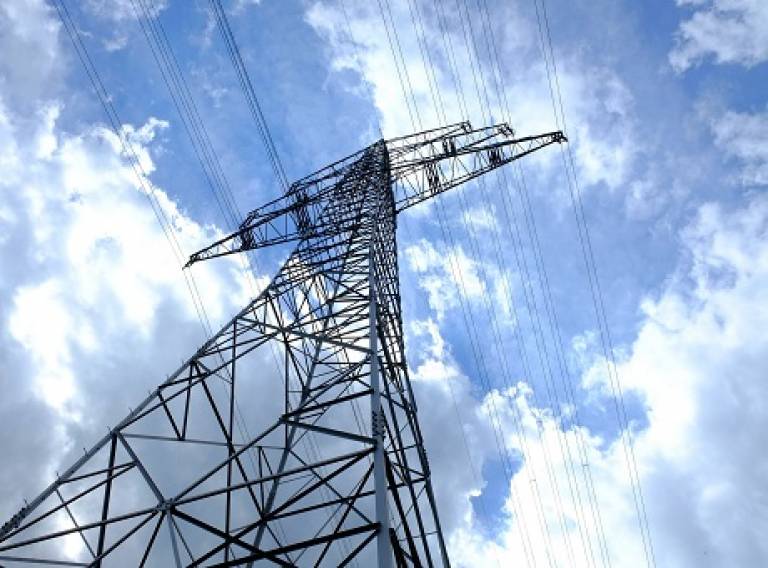Axeing carbon price support would “undermine energy investment” – UCL
15 November 2016

Abandoning the UK carbon price support – introduced in 2013 as incentive to reduce the burning of fossil fuels and to encourage lower-carbon energy sources – could seriously undermine crucial energy investment, warns University College London (UCL) research published today.
The UCL research shows that the fast declining cost of renewables rests in part upon investor confidence. The carbon price support (CPS) reduces uncertainty for investors, encouraging them to invest in emerging and cleaner technologies as coal is phased out.
Following on from today’s news that 2016 will likely be the hottest on record, the research suggests scrapping the CPS would reduce investment in both renewables and gas, drive up the cost of subsidies, reduce government revenue and increase greenhouse gas emissions – and potentially harm energy security.
The research highlights that the CPS:
- has been the prime factor behind UK emissions reductions over the past three years, and in particular a 5% drop over the past year, which has made gas cheaper than coal operation for most UK plants;
- is restoring the economics of gas plants and combined heat and power (CHP) plants, which are less carbon-intensive and better at providing energy at times of medium and high demand;
- reduces the cost of the contract for difference (CFD) supports – mechanisms for protecting both consumers and producers from volatile prices – for zero carbon generators by over £10/MWh (1p/ kWh); and
- raises £1-2 billion a year gross. As electrointensive industries receive 80% of their payments back through the recycling mechanism of the CPS, the support is vital to keeping these industries profitable.
The CPS helps to compensate renewable electricity generators for the removal of their exemption from the Climate Change Levy. The claim that emission reductions under the CPS displace emissions to elsewhere in the EU through the Emissions Trading System is incorrect, and impact of the CPS on electricity prices will decline as coal is backed out of the system.
Michael Grubb, Professor of International Energy and Climate Change Policy at the UCL Institute for Sustainable Resources, said:
“Government and industry stress belief in market mechanisms and the UK has reaffirmed its commitment to phase out coal by 2025. The carbon price support is an important plank in that strategy, it supports gas investment and reinforces confidence that the UK is a safe place to invest in the low carbon transition.
“Pressure to scrap it reflects the worst of short-termism: the government could not afford the loss of revenues and damage to its credibility, and investment would be deterred by yet another sign of instability. Scrapping it now risks undermining crucial energy investment.”
The research, authored by academics from UCL’s Energy Institute (EI) and Institute for Sustainable Resources (ISR), has been submitted to the House of Lords Economic Affairs Select Committee inquiry into the economics of UK energy policy.
Notes to editors:
For media enquiries, please contact Alex Blackburn on a.blackburn@ucl.ac.uk or 0203 108 9860.
 Close
Close

